Category: Neuroscience/Mental Health

Creatine Supplements for Brain Function
There is a long history of supplements marketed to enhance memory, focus, overall cognitive function, and brain health. None of them are backed by quality scientific evidence, and they seem to go through the typical conveyor belt of claims – by the time one claim is collapsing, such as ginkgo biloba, the industry is happy to move on to the next. The...
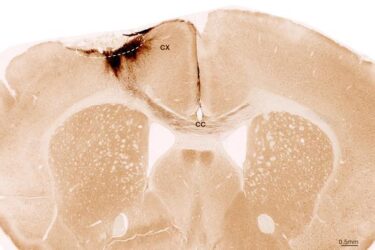
Stem Cell Stroke Therapy
We have written quite a bit about fraudulent stem cell clinics. They have followed a typical pattern of overhyping new potential therapies, with some clinics going as far as selling fake stem cell treatments. Stem cells were a likely target – they sound extremely advanced, their potential is easy to understand, and you can use them to justify extreme claims of healing....

Tylenol and Autism
Earlier this year, HHS secretary RFK Jr. predicted that, “By September, we will know what has caused the autism epidemic and we’ll be able to eliminate those exposures.” Scientists have been researching autism for decades, including what factors are driving changes in diagnostic patterns. Promising such a major breakthrough in just six months is beyond ridiculous, and strongly implies that RFK Jr....
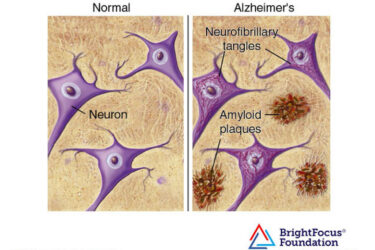
Lithium and Alzheimer’s Disease
This is an interesting story, which has been all over the news so worthy of covering here. Alzheimer’s disease (AD), the major cause of dementia in humans, is a very complex disease. We have been studying it for decades, revealing numerous clues as to what kicks it off, what causes it to progress, and how to potentially treat it. This has lead...

AI Therapists – Not Ready for Prime Time
Artificial Intelligence (AI) applications are being rolled out at a furious pace. There is no doubt they are potentially powerful tools, although with flaws and limitations. But one thing that large language models do well is mimic conversational speech. They are great chatbots. For this reason one of the early uses of these chatbots is as AI therapists. There are no hard...
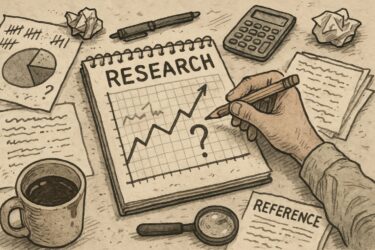
Standards in Behavioral Science
How can we decrease the amount of shoddy science and improve the rigor of research in the behavioral sciences?
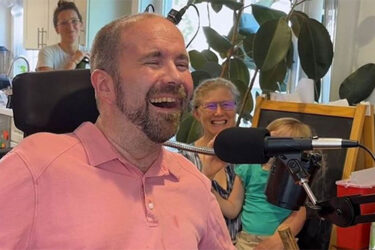
Real Time Computer Communication
For those with advanced ALS (amyotrophic lateral sclerosis) or certain brainstem strokes, they can be what is referred to as “locked in”. They are mostly paralyzed. A tip of the basilar artery brainstem stroke, for example, can leave one only able to move their eyes. Many with ALS, long before they get to this point, lose the ability to speak because of...
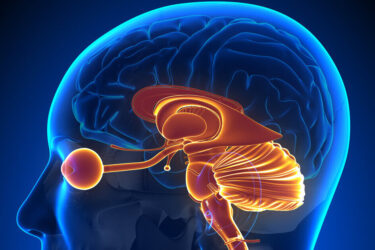
Brainspotting is Classic Pseudoscience
Have you heard of brainspotting? It’s been around since 2003 when it was invented out of whole cloth (not “discovered”) by psychotherapist David Grand. It seems to be gaining in popularity recently, so it is worth the SBM treatment. Here is how proponents describe the alleged phenomenon: “Brainspotting makes use of this natural phenomenon through its use of relevant eye positions. This...

Mapping the Brain
I think it’s important to recognize not only how fake science can degrade medicine and exploit health care consumers, but also how real science can benefit medicine and consumers. It’s also important to separate hype from reality, because there often is science-based snake oil, meaning that there are fake treatments based on the hype of real science. We are near the beginning...

Redefining Dyslexia
What, exactly, is dyslexia? What causes it, how should it be diagnosed, and stemming from that, how should it be treated? We can even ask a more fundamental question – does it actually exist as a discrete clinical entity? These questions have existed since dyslexia was first described and named in 1887, by German Opthalmologist, Rudolf Berlin. Not surprisingly, he thought the...

